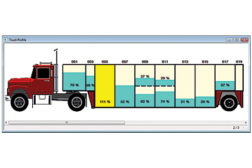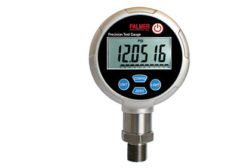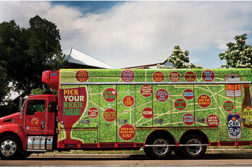Home » beverage fleet management
Articles Tagged with ''beverage fleet management''
Route optimization, tracking software boost distribution efficiency
Read More
The 2013 State of the Beverage Fleet Industry
Results reflect shift to end-load trailers
February 14, 2014
Supplier's Marketplace: January 2014
Precision measuring, inspection equipment help ensure quality products
January 15, 2014
New Belgium’s brewery-direct fleet goes hybrid
Craft brewer blends environmental stewardship with local distribution
January 15, 2014
Warranty administration through technology
Software tracks opportunities for fleet advantages
April 16, 2012
Elevate your expertise in the beverage marketplace with unparalleled insights and connections.
Join thousands of beverage professionals today. Shouldn’t you know what they know?
JOIN NOW!Copyright ©2024. All Rights Reserved BNP Media.
Design, CMS, Hosting & Web Development :: ePublishing






